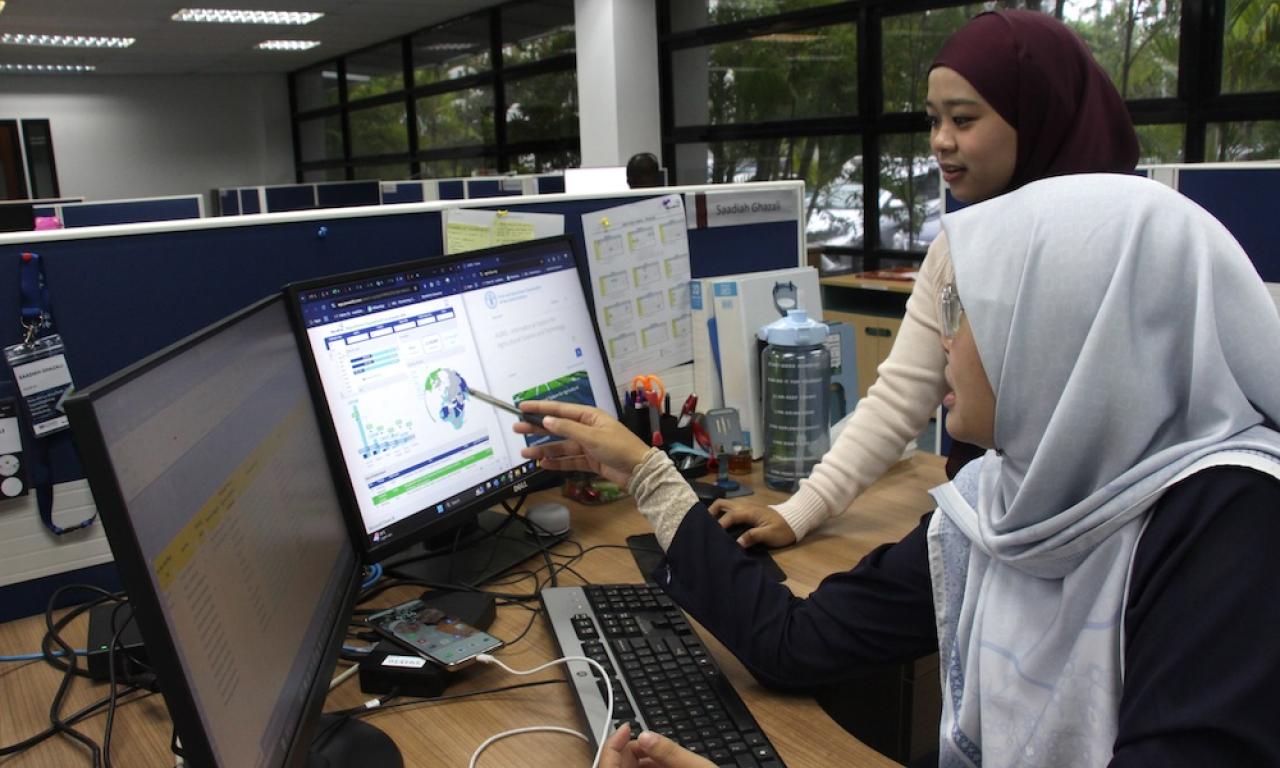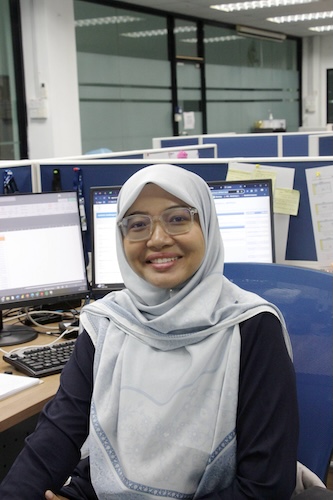
Agricultural research and knowledge sharing are essential to addressing global food security and sustainable development challenges. However, the vast amount of agricultural data and information scattered across diverse sources makes it difficult for researchers, policymakers, and practitioners to access, understand, and use relevant information efficiently. Two key programs from the Food and Agriculture Organization of the United Nations (FAO), namely AGRIS - a bibliographic database for agriculture and nutrition - and AGROVOC - multilingual vocabulary of agricultural terms - address this issue by providing structured and accessible resources that connect users to crucial agricultural knowledge. By centralizing and standardizing agricultural data, AGRIS and AGROVOC help bridge information gaps, support researchers globally—including those in the Global South—inform decision-making, and foster collaboration across countries and languages.
In a recent series of conversations with CGIAR Knowledge Management teams, Valentina De Col from ICARDA spoke with Saadiah Ghazali, Data Management Specialist at WorldFish, about CGIAR's partnership with the Food and Agriculture Organization of the United Nations (FAO) on AGRIS and AGROVOC. AGRIS is a key bibliographic database for agriculture and nutrition, while AGROVOC is a multilingual thesaurus of agricultural terms.

Benefits of being in AGRIS
What benefits does WorldFish gain from having its content indexed in AGRIS?
Saadiah: There are several key benefits to being part of AGRIS. Firstly, AGRIS significantly boosts our exposure and helps our research reach a broader global audience. This increased visibility often leads to higher citation rates, which is crucial for research evaluation. Additionally, our work in AGRIS enhances its potential to influence policymaking and attract funding opportunities, as donors might refer to WorldFish publications. Finally, AGRIS's reach extends to a wider audience, especially in developing countries, compared to our internal repository alone.
Importance for CGIAR to share research outputs via AGRIS
Do you think it is important for CGIAR to share research outputs through AGRIS?
Saadiah: Yes, it's crucial for the CGIAR community to share research outputs through AGRIS. AGRIS has a long history and a broad audience, which significantly amplifies the visibility and impact of our research.
The knowledge content from WorldFish: types of content and subjects
What types of knowledge content does WorldFish produce and publish?
Saadiah: The knowledge content in our repository covers a diverse range of topics and knowledge product types. WorldFish primarily focuses on research on fisheries and sustainable aquaculture. Beyond that, we explore areas such as resilient small-scale fisheries, market value chains, and topics related to CGIAR impact areas.
Importance of AGRIS for Agricultural Research Institutions such as CGIAR
Do you believe that access to AGRIS is important for agricultural research institutions such as CGIAR?
Saadiah: I see potential benefits in accessing a database like AGRIS. Access to verified research materials through AGRIS can significantly enhance research quality. Having a unified gateway for open and restricted articles is valuable. Additionally, AGRIS's inclusion of grey literature is an asset, as it supports research in ways that peer-reviewed journals might not.
Enhancing Findability and Interoperability through AGROVOC
CGIAR contributes to and uses AGROVOC as a common vocabulary. How does collaboration with AGROVOC impact your data?
Saadiah: The collaboration with AGROVOC enhances the findability and interoperability of our data. AGROVOC helps ensure uniformity and clarity in keyword usage. Its multilingual keyword support increases accessibility across different languages, and AGROVOC's machine-readable identifiers facilitate data integration. This makes our research more accessible globally and compatible with machine learning applications.
This interview underscores AGRIS's role in amplifying WorldFish's research visibility and impact. By leveraging AGRIS and AGROVOC, organizations such as WorldFish can enhance their global outreach and research effectiveness.
For more info on the CGIAR and FAO collaboration:
Report: https://hdl.handle.net/10568/116236